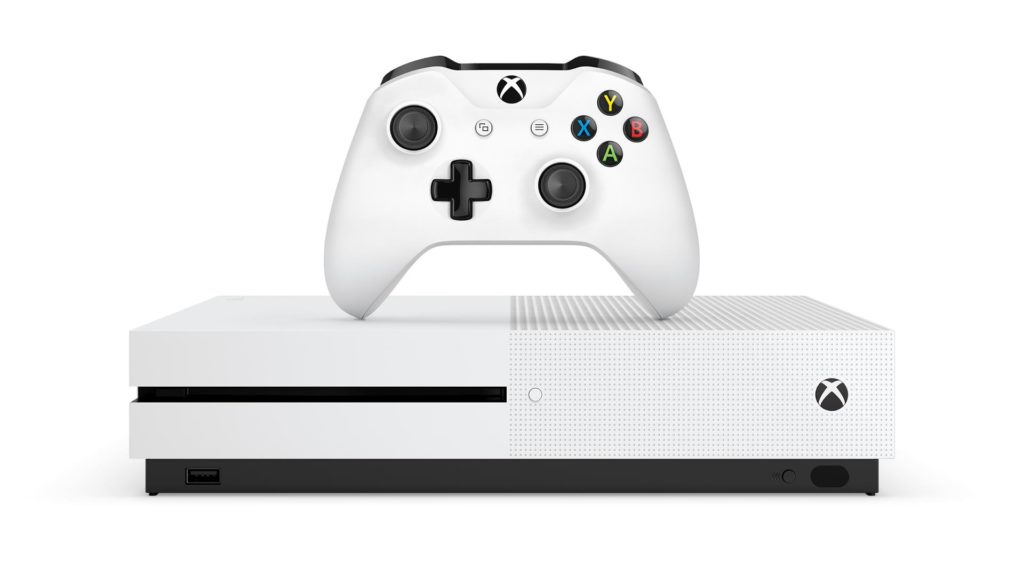Video Gamer is reader-supported. When you buy through links on our site, we may earn an affiliate commission. Prices subject to change. Learn more
Microsoft hired contractors to review audio recordings from Xbox consoles to improve voice command recognition, but this included accidental activations with sounds of the user’s home life, as reported by Motherboard.
Audio recordings were meant to begin after specific commands like ‘Xbox’ or ‘Hey Cortana’, but the contractors that spoke to Motherboard stated that recordings were occasionally triggered inadvertently. One of the anonymous sources said that most of the voices they heard were of children.
Some contractors were also tasked with listening to audio from Skype calls. ‘Xbox commands came up first as a bit of an outlier and then became about half of what we did before becoming most of what we did,’ a former contractor explained. ‘The Xbox stuff was actually a bit of a welcome respite, honestly. It was frequently the same games. Same DLCs. Same types of commands. “Xbox give me all the games for free”, or “Xbox download [newest Minecraft skins pack]”, or whatever.’
As the voice command feature improved, incidences of accidental recordings decreased, but contractors maintained that these still appeared frequently. ‘Most of the Xbox related stuff I can recall doing was obviously unintentional activations with people telling Cortana “No” as they were obviously in the middle of a game and doing normal game chat,’ one contractor stated.
In a statement to Motherboard, Microsoft explained why the recordings (accidental or not) were used: ‘We’ve long been clear that we collect voice data to improve voice-enabled services and that this data is sometimes reviewed by vendors.’ Although Cortana will be removed from the Xbox One in its new dashboard design, the company iterated that ‘we always get customer permission before collecting voice data, we take steps to de-identify voice snippets being reviewed to protect people’s privacy, and we require that handling of this data be held to the highest privacy standards in the law.’
